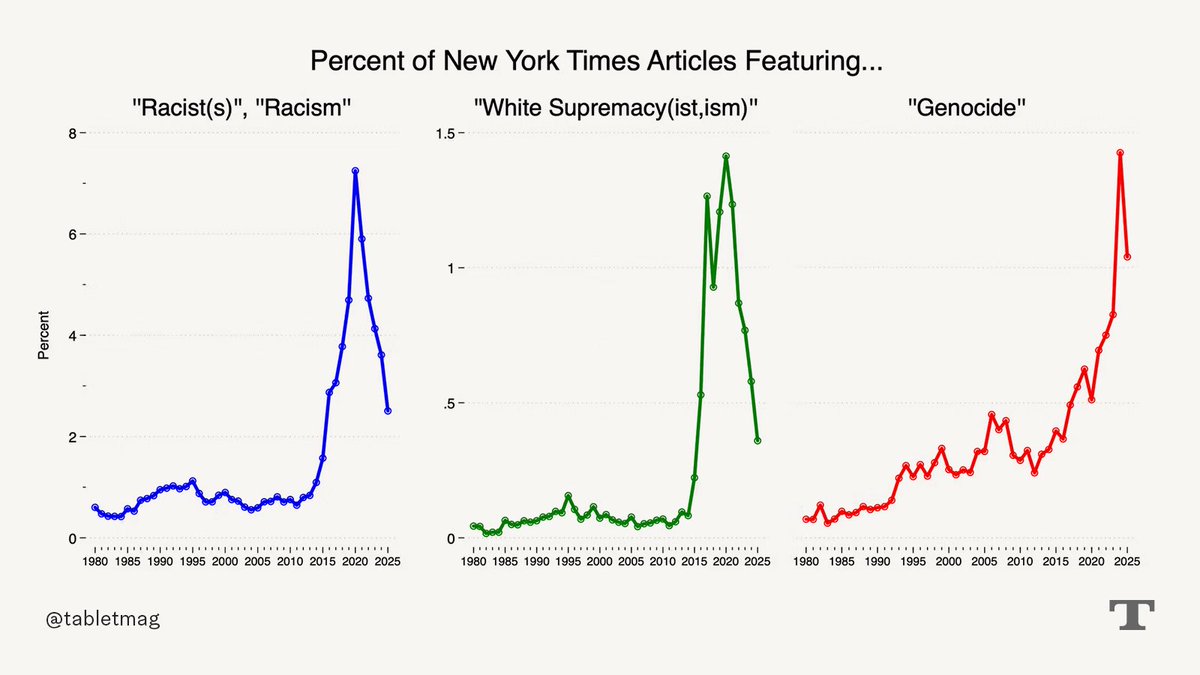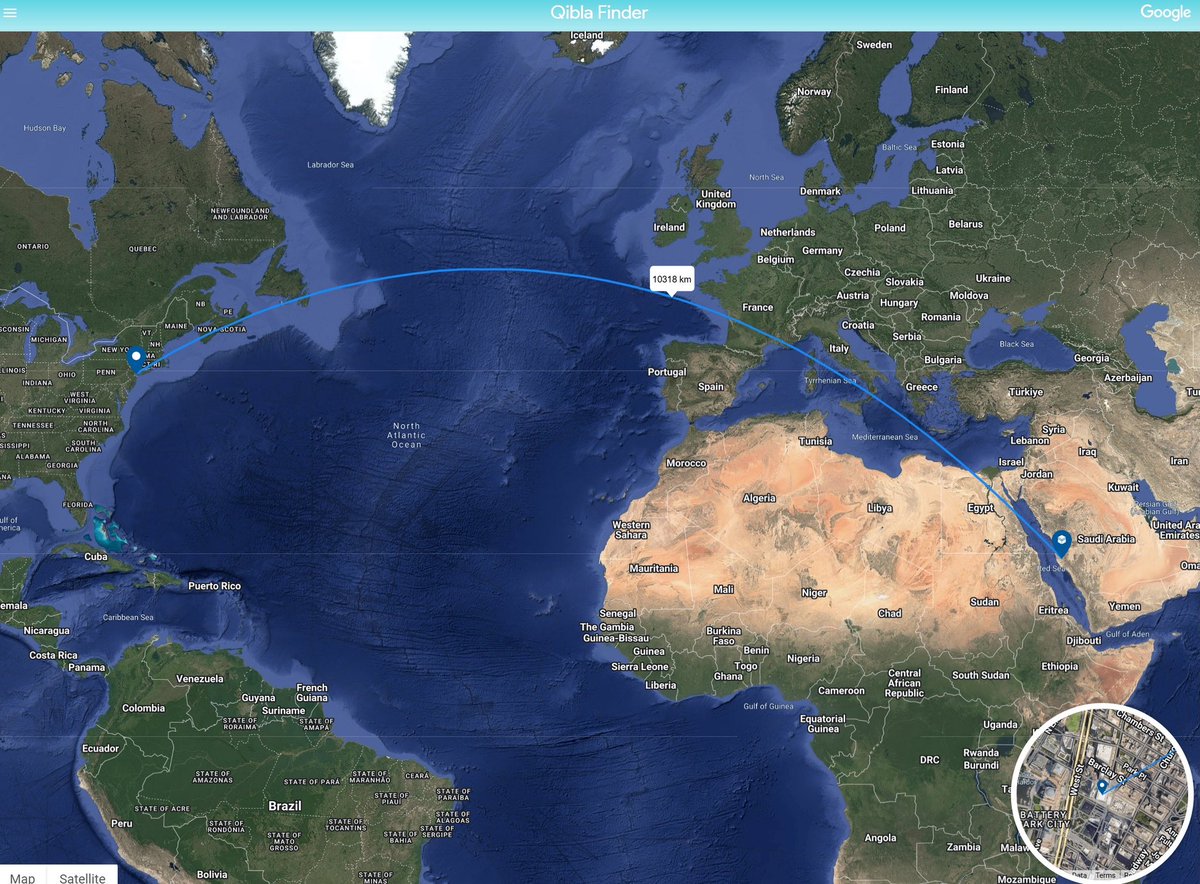
Subscribe to the best print magazine in America—plus the only daily newsletter you'll ever need. Two Tablets, one price. https://t.co/HtS11udaVP
How to get URL link on X (Twitter) App






 The Bill and Melinda Gates Foundation has 2,000 full-time employees—about four times as many as George Soros’ Open Society Foundations—and a $1.6 billion yearly budget. It has given out $91 billion in grants this century, making it the richest and most generous American charity in history.
The Bill and Melinda Gates Foundation has 2,000 full-time employees—about four times as many as George Soros’ Open Society Foundations—and a $1.6 billion yearly budget. It has given out $91 billion in grants this century, making it the richest and most generous American charity in history. 



 In the wake of Trump’s victory, these institutions' denial about their decline has begun to ebb.
In the wake of Trump’s victory, these institutions' denial about their decline has begun to ebb.

 In the wake of Trump’s victory, the denial of decline by mainstream institutions has began to diminish.
In the wake of Trump’s victory, the denial of decline by mainstream institutions has began to diminish. 
 Georgia, 2023: prosecutors bring RICO charges against anarchists involved in the “Stop Cop City” protests in Atlanta.
Georgia, 2023: prosecutors bring RICO charges against anarchists involved in the “Stop Cop City” protests in Atlanta.